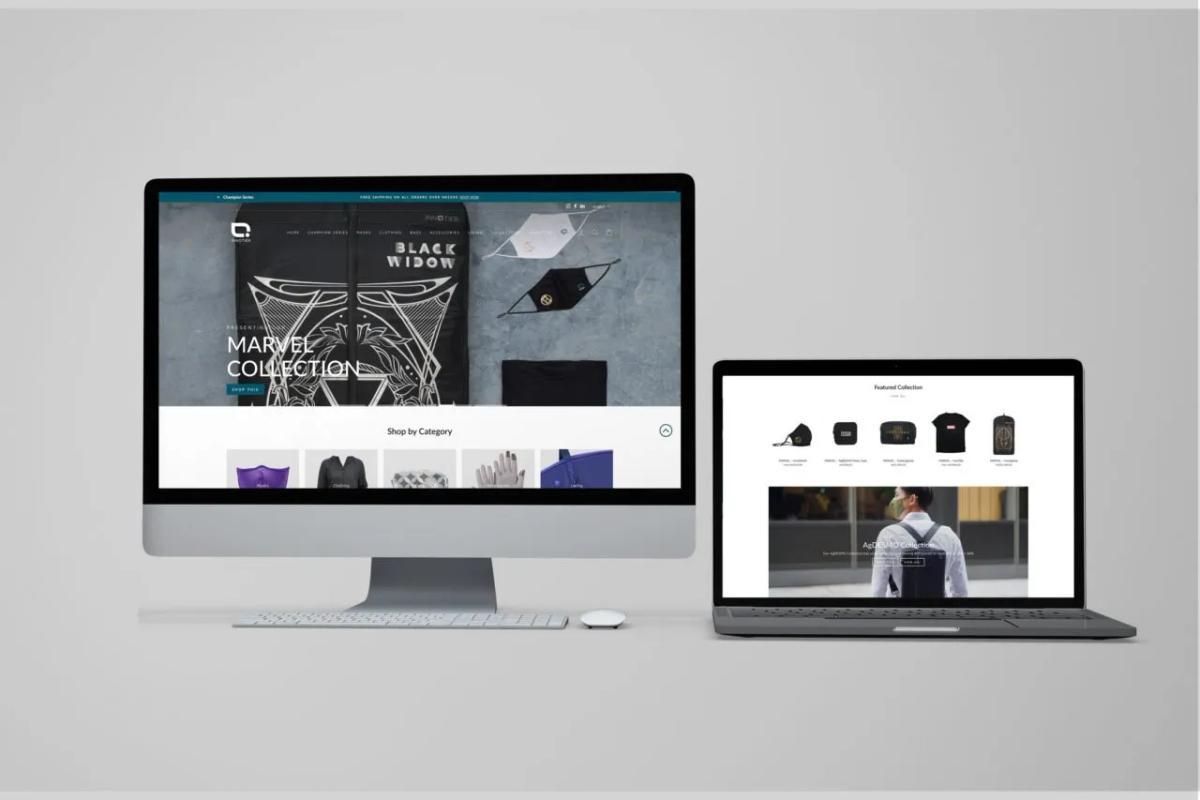電商學院
Apple Jeopardize Facebook Ads and How Can Your Promote your Shopify Store (SEO, Email Marketing, Chatbot)
11月 16日, 2022

Data privacy has been a huge topic in recent years; who has access to your information, where is your information being used, who your information is being shared with – all of these are legitimate concerns and questions that users and consumers have.
Apple iOS 14 Data Privacy Policy
Most recently, Apple has addressed consumer data privacy concerns in their iOS 14 update with their Ads Tracking Transparency feature. Before the launch of iOS 14, Apple users were able to Limit Ad Tracking (LAT) and opt out of app tracking. In the new iOS 14 update, users now have the power to allow/opt-in to ad tracking before apps can track personalized data. This new policy is called App Tracking Transparency (ATT).
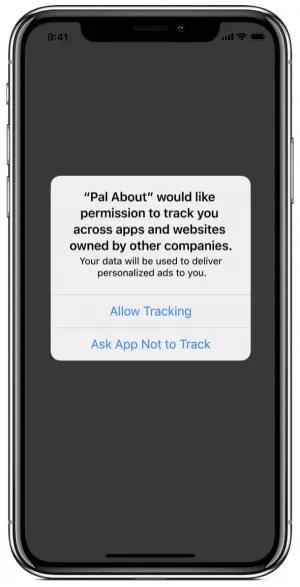
Image from Medium
Effects On Ads Tracking
As eCommerce stores rely on this data to understand their consumers, this new policy affects the future of ad marketing. Features such as ad targeting, campaign measurements like click through rates and conversation rates become affected without access to this user data. As such, the efficacy of Facebook Ads, Google Display Ads and all other kinds of banner ads will be heavily disrupted as they can no longer be personalized on iOS devices. For more in-depth information this iOS 14 update, and what it means, we’ve found resources that explain the changes and how to prepare.
What Can You Do?
Based on growing data privacy concerns, it seems more and more likely that remarketing will prove to be more difficult as time goes on. To combat and overcome this, we suggest exploring other forms of marketing and customer experience to alleviate the focus and pressures of ad marketing.
Shopify SEO

Photo by Myriam Jessier on Unsplash
In light of this update, content marketing now plays a much more important role than ever before. There’s no better time to invest budget and dollars on keyword searches than now to rank higher on Google or Bing. Rather than relying on data to try and fish out potential users to visit your sites, investing on SEO helps capture the middle and lower funnel consumers who are already in the consideration stage. Below are a few ways to help you increase your Shopify store’s ranking in the search page result.
Tips for Shopify SEO content
1. Optimize Shopify web design structure
When taking SEO into consideration, it is essential to enrich your website content with keywords that customers are likely to search to find your product. Shopify allows you to edit title tags, meta descriptions, and URLs which helps you to optimize your content for a better SEO ranking.
2. Make sure your Shopify online store is user-friendly
Having a good responsive design ensures that the website can function well on any device. This improves the user experience and lowers the bounce rate of your website.
3. Enhance your Shopify products page
Make sure that the list of Shopify SEO keywords is related to your products. You can also add relevant search term keywords that customers are likely to use to find your product.
Shopify Email Marketing

Photo by Sara Kurfeß on Unsplash
Shopify email marketing is an efficient way to establish a long term relationship with your potential customers and build brand loyalty. Assume you are the owner of a Shopify store, once potential customers land on your site through Facebook or Instagram, even if they did not make any purchases but subscribed to your newsletter, you will be able to directly reach out to them by sending out latest sales promotions or new product introductions through the newsletters in the future. This increases the chance for them to return back to your site to actually make a purchase. Hence, you would want to find ways to make them your subscribers!
Building a large customer database is a valuable marketing asset as this allows you to track their behaviours on site such as view products, add to cart, checkout, and abandon cart. With these data, you are able to segment your users and retarget them with different marketing campaigns. After identifying your valuable customers, you would want to retain them and increase their overall lifetime value (LTV) with incentives and special campaigns which are done via loyalty programs.
Advantages of Shopify Email Marketing
1. More qualified leads
Shopify email marketing guarantees more qualified leads as subscribers have agreed to hear back from you. Hence a higher conversion rate than other marketing platforms.
2. Build customized Shopify email templates
Shopify’s popular email apps like Klaviyo and Omnisend allow you to customize email templates corresponding to your brand’s theme. This helps build and create brand awareness to your subscribers, also catching their attention when newsletters such as new product launches are sent.
3. Track the customer behaviours to more precise marketing
Through Shopify email tracking, you are able to get the data of each customer to figure out how they respond differently to your emails (open rate, click-through rate, conversion rate). By analyzing these data, you can set up auto-tagging to tag the customers and further segment your subscribers to market them with different email content.
Shopify Live Chat/Chatbot

Having on site assistance and enhancing your customers experience will also be helpful with sales conversions. Being able to address immediate questions and issues from customers can help to retain their interest and redirect their focus on continuing their buying journey on your site. Focus can be put on gathering a customer service team to answer live chats as well as creating chatbot flows that can assess a customers query and automatically redirect them to what they need.
More from NAVY FAB
作品
Navy FAB Team capitialize the know-how of e-commerce, upgrade and transform your digital branding, develop your global market entry strategy, lead your brand to the overseas.
聯絡方式
聯繫我們的服務團隊,讓我們評估你的業務需求和品牌需求
緊貼Navy FAB的最新資訊、行業見解及獨家優惠。
九龍荔枝角青山道682號
潮流工貿中心 22/F 2202室
深圳市前海深港合作區南山街道
興海大道3044號信利康大厦9C101



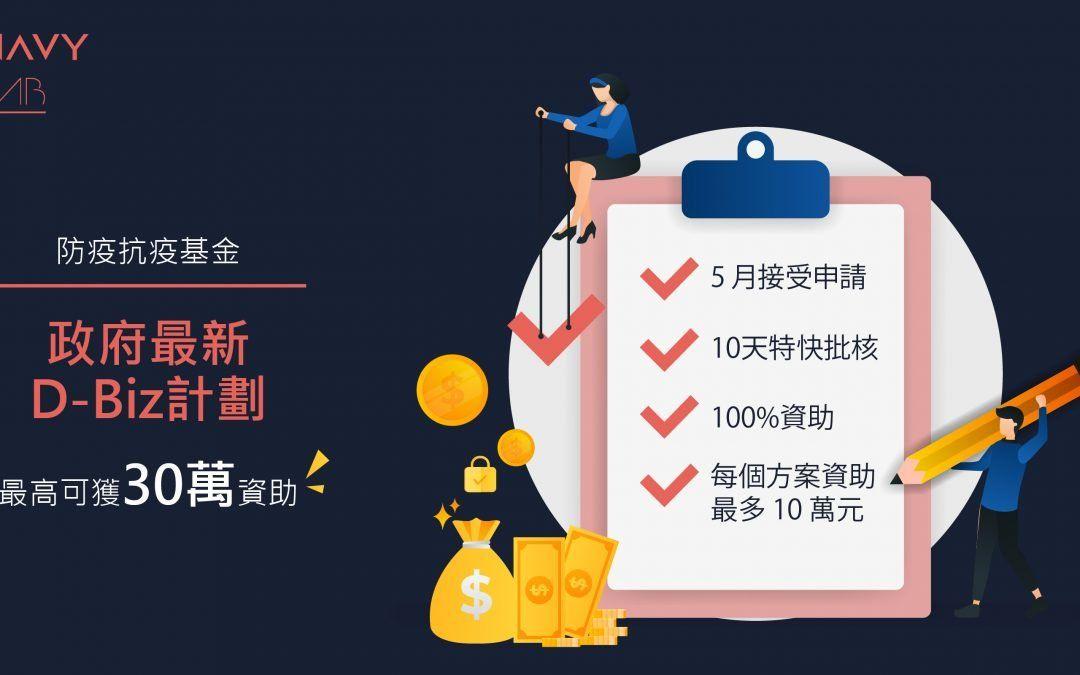

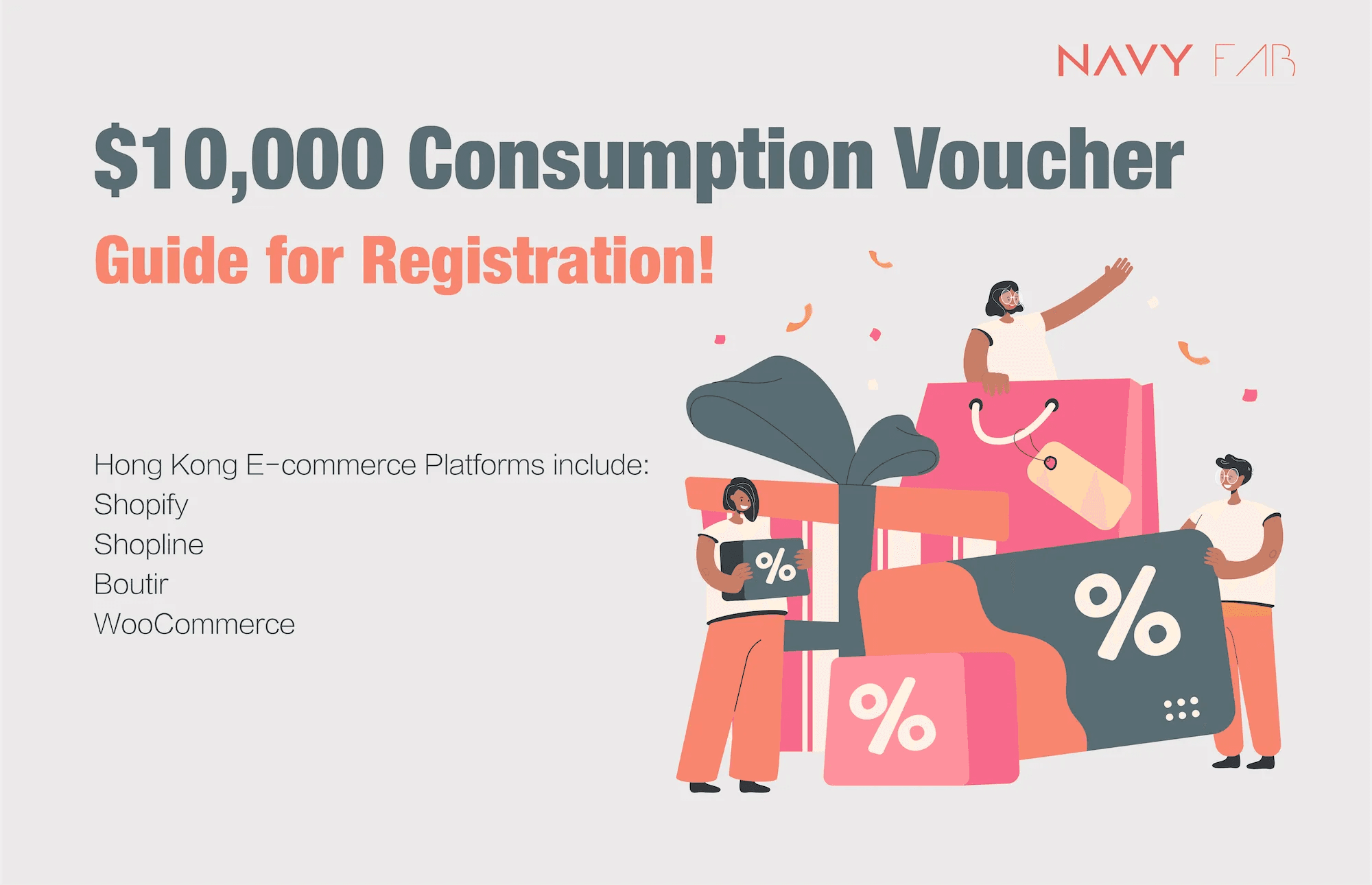
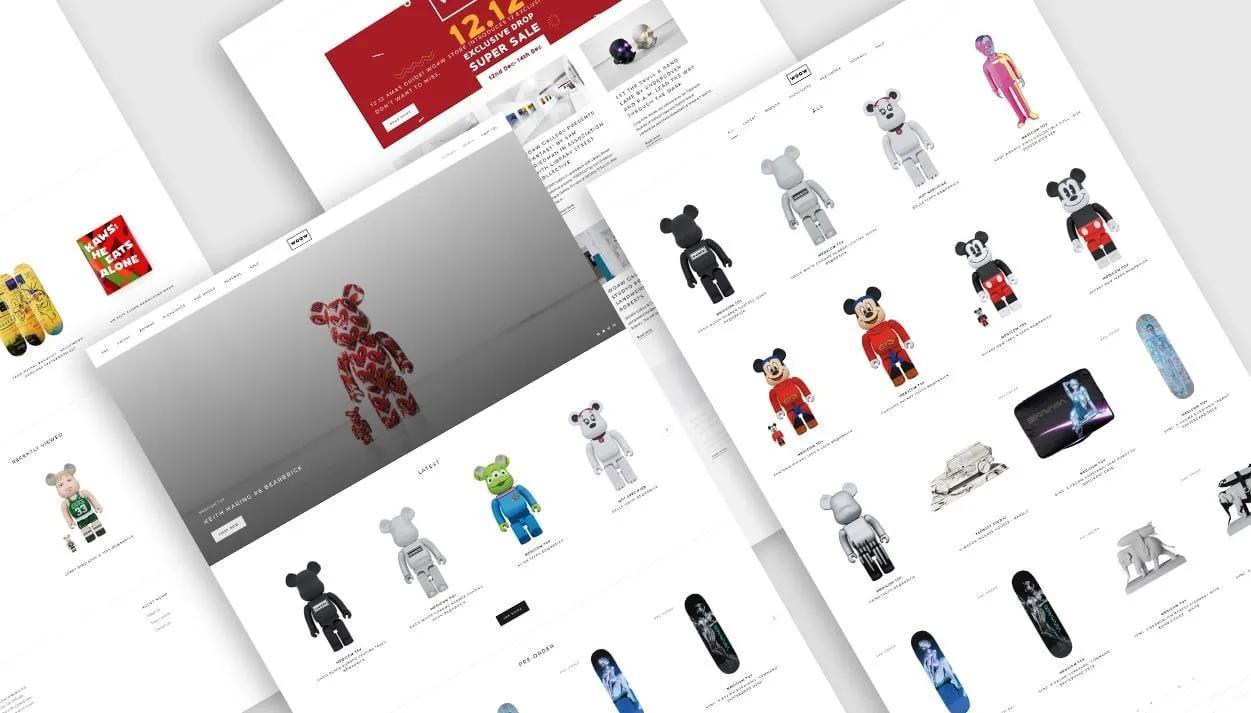
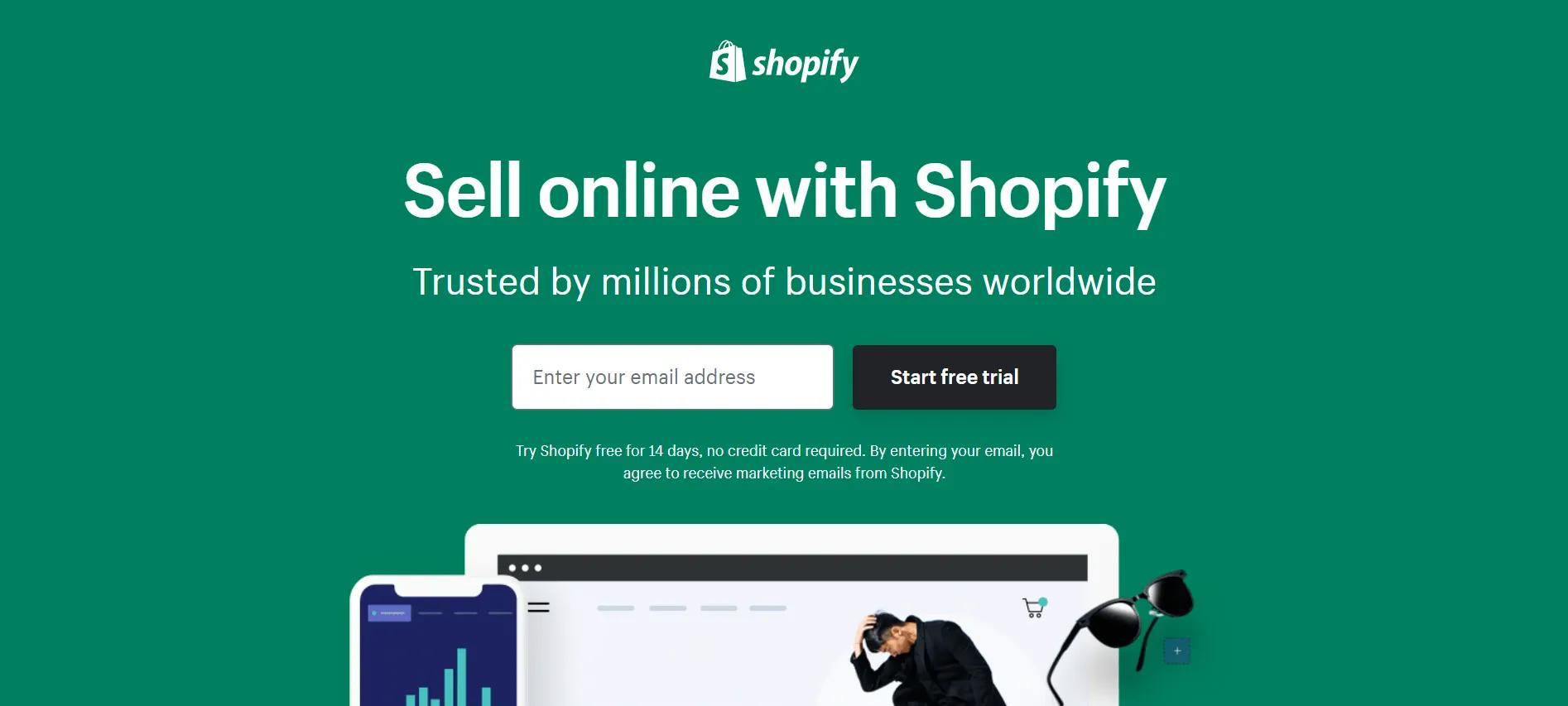

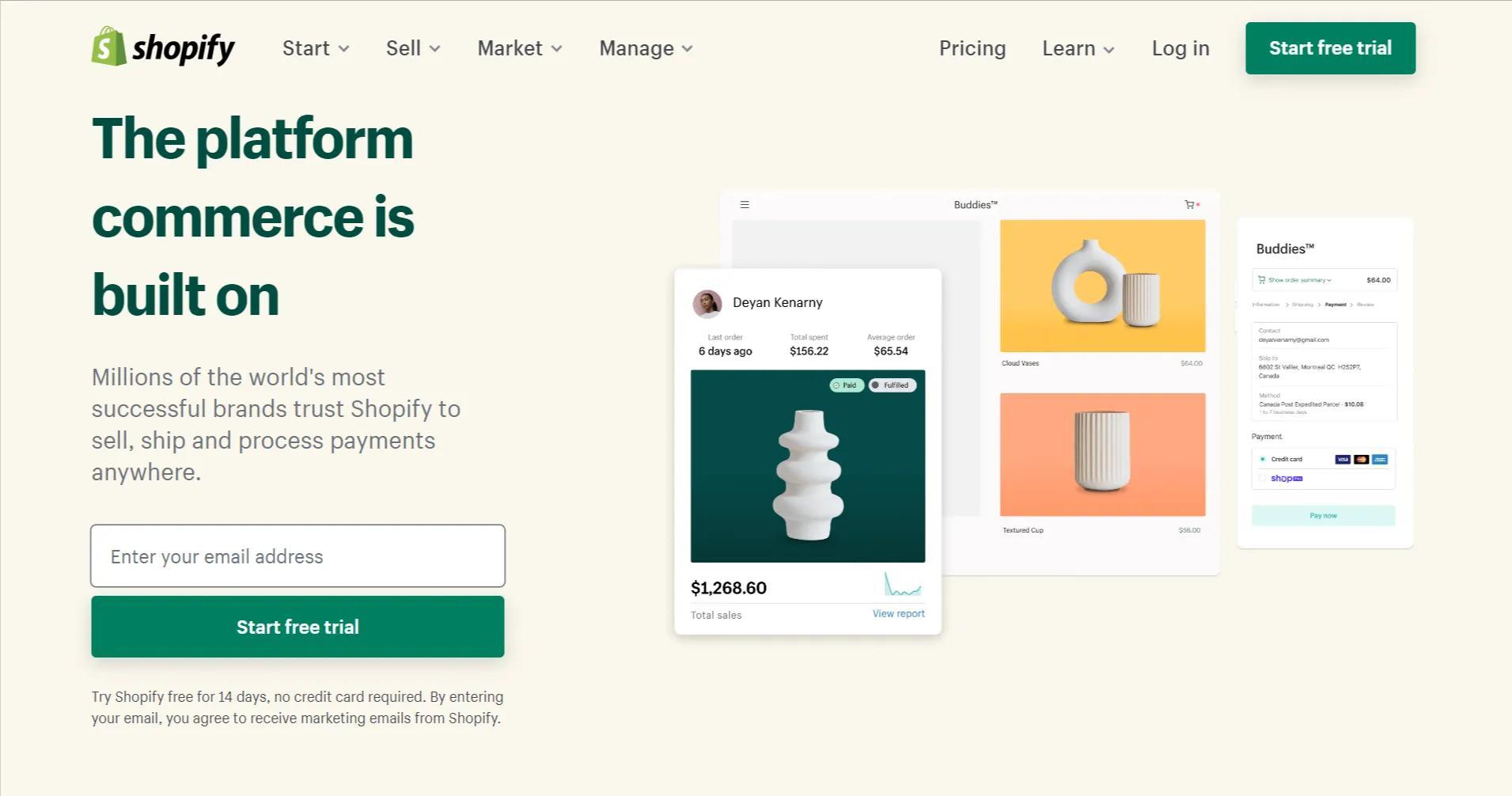
![Shopify vs. Shopify Plus: Should you upgrade? [Shopify Editions (Summer ’22)]](/_next/image?url=https%3A%2F%2Fcdn.sanity.io%2Fimages%2Fs2r765za%2Fproduction%2Faa5d4468f29ed65422c679a29670bdc9a5bfc294-1200x628.png&w=3840&q=75)






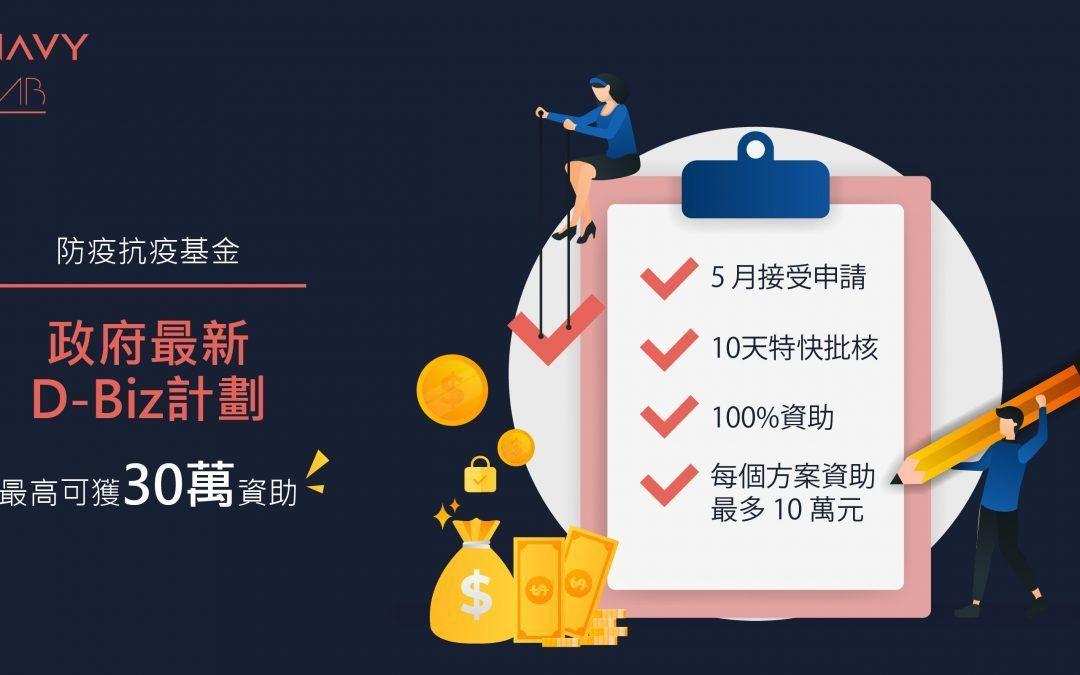

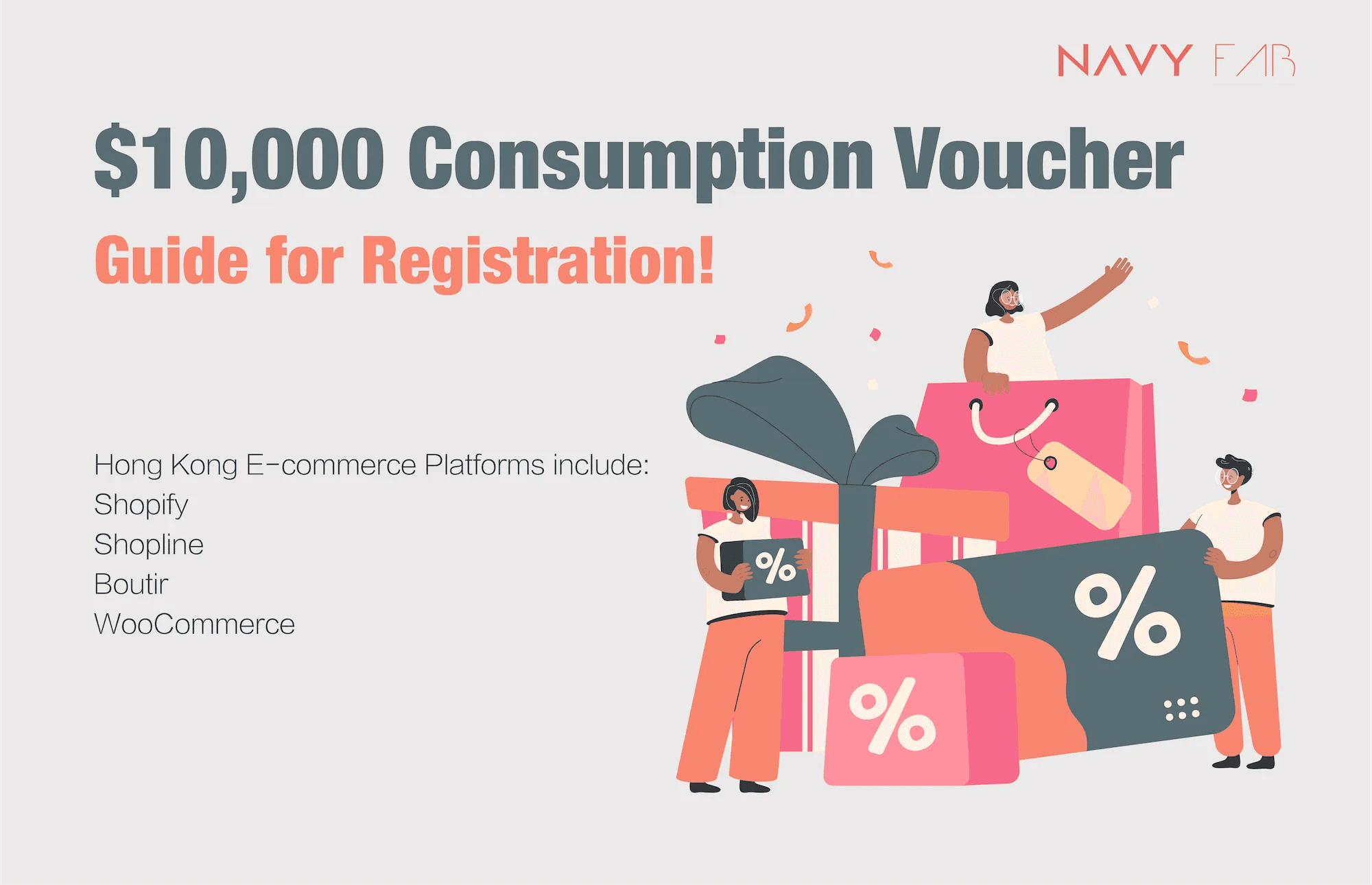
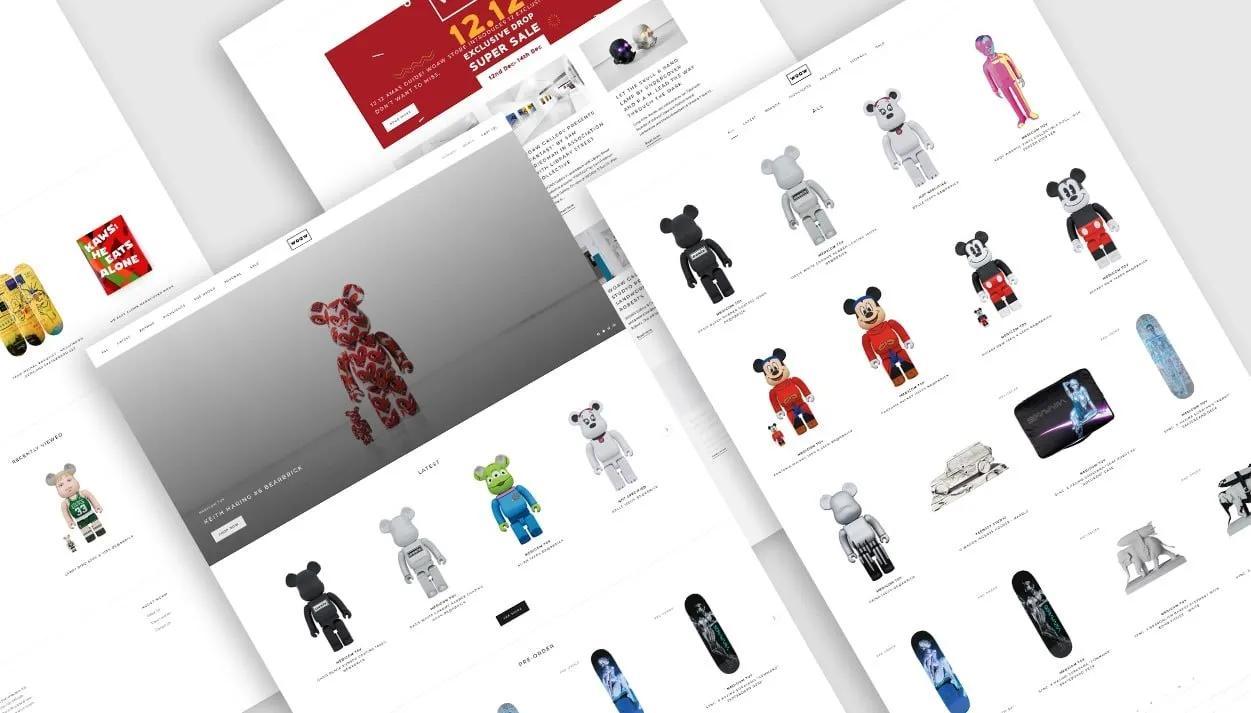
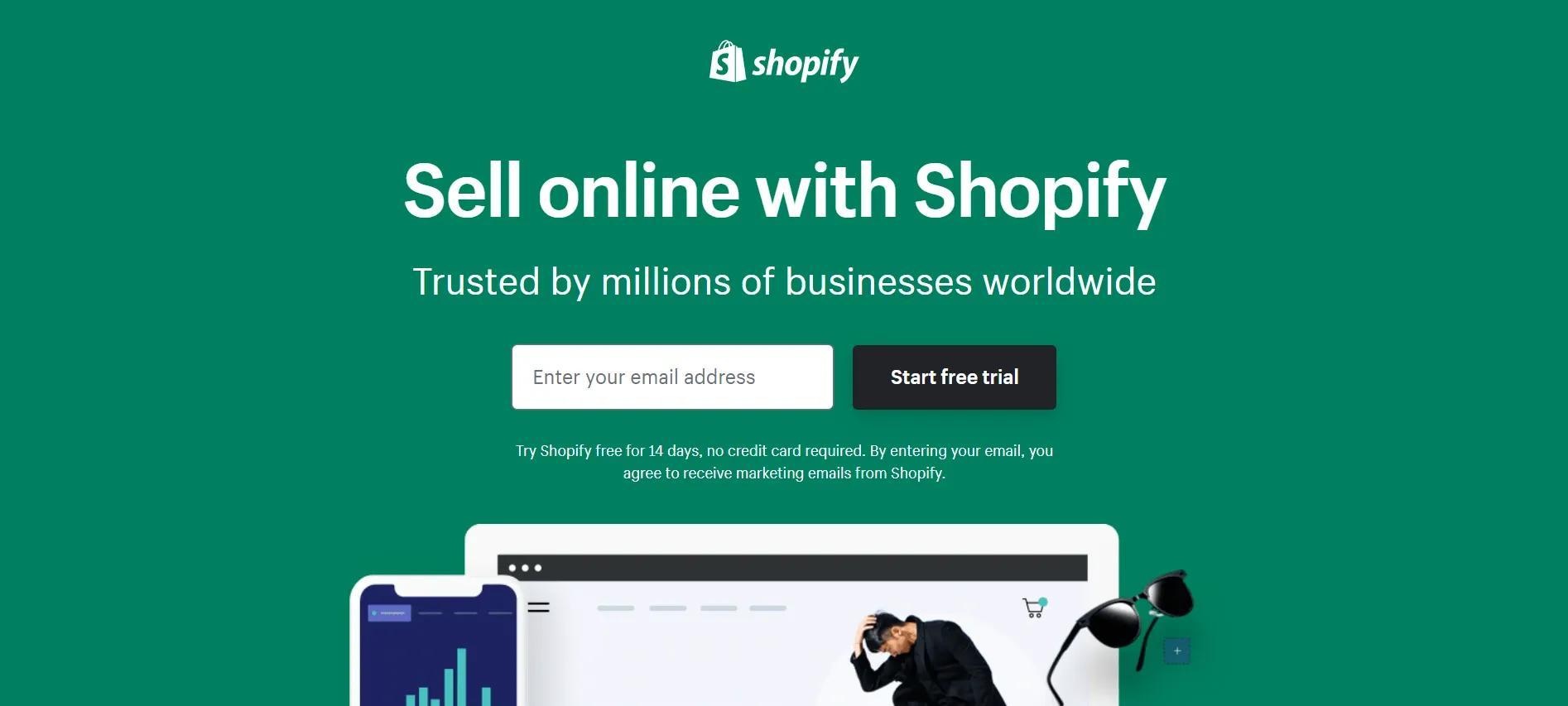

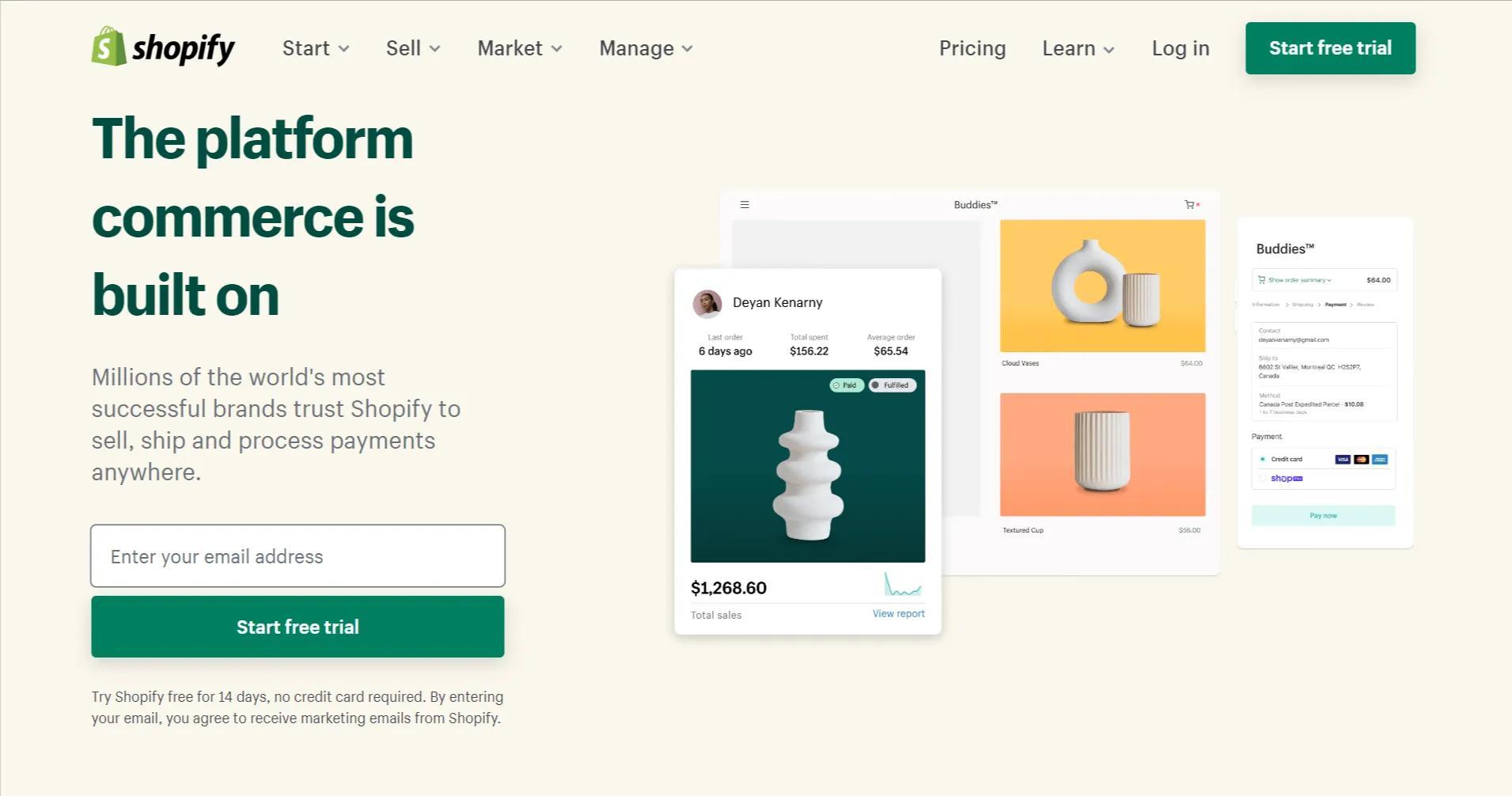
![Shopify vs. Shopify Plus: Should you upgrade? [Shopify Editions (Summer ’22)]](/_next/image?url=https%3A%2F%2Fcdn.sanity.io%2Fimages%2Fs2r765za%2Fproduction%2Faa5d4468f29ed65422c679a29670bdc9a5bfc294-1200x628.png%3Fauto%3Dformat&w=3840&q=75)



